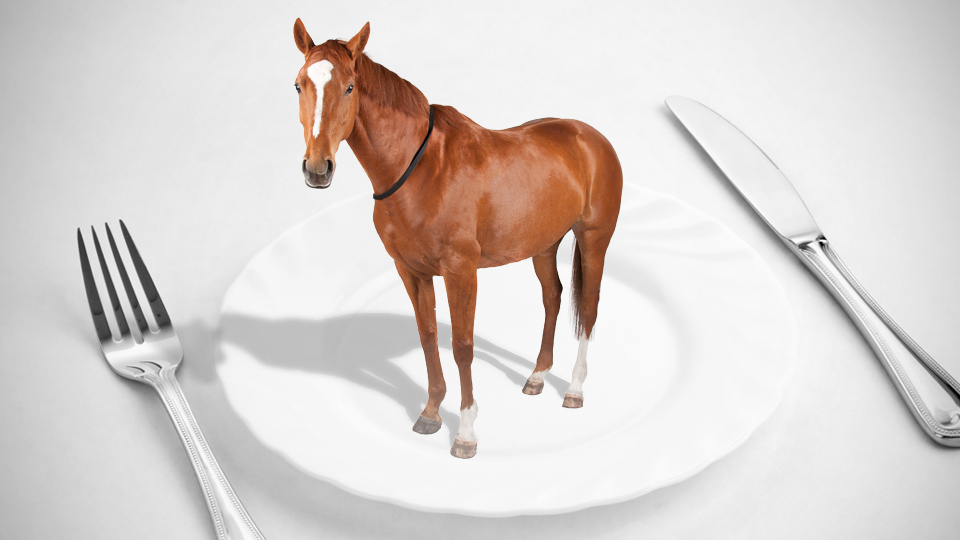Stories of horse meat being in food are sweeping across Europe right now. The latest example from IKEA even places horse meat in their famous Swedish Meatballs. Is this making news because of the potential for inclusion of this mystery meat or is it news because our expectations of food do not include horse?
When people get into an uproar over something, it is often about the breaking of an unwritten, yet understood, agreement between people. If we expected to eat horse, as we might if we lived in Central Asia, then this story gets no traction and people go about their day. However, picturing our faithful animal companions being part of the menu brings about a bad feeling in our gut (even before eating it!) and the possibility for outrage if something we’re not “supposed” to consume slips through.
This is a good lesson for the workplace. When expectations are established and then not met or suddenly changed, we can expect some upset folks. The dismay is very real when Yahoo employees are being told they can no longer work from home, a company changes compensation plans without warning, or any number of changes brought forth that break a “contract” even when such thing only exists in the mind of the employee. For an organization, setting expectations up front is essential and living up to them is even more so.

What do people think is on your plate?
How are you ensuring that the horse meat in your organization isn’t being hidden and is the expectation that it is there is being clearly stated?

